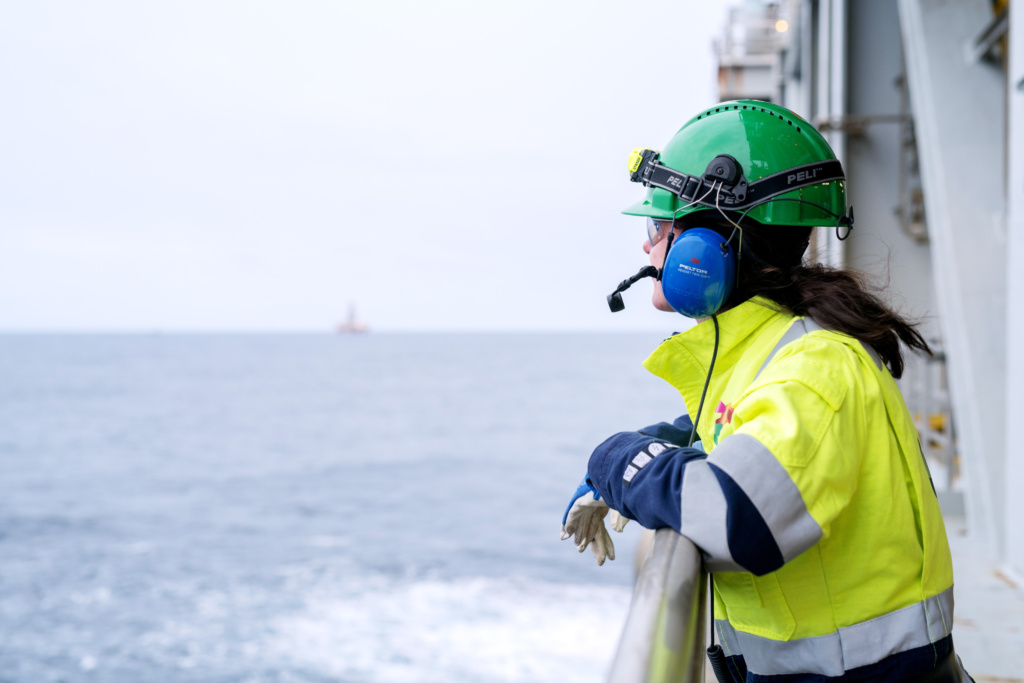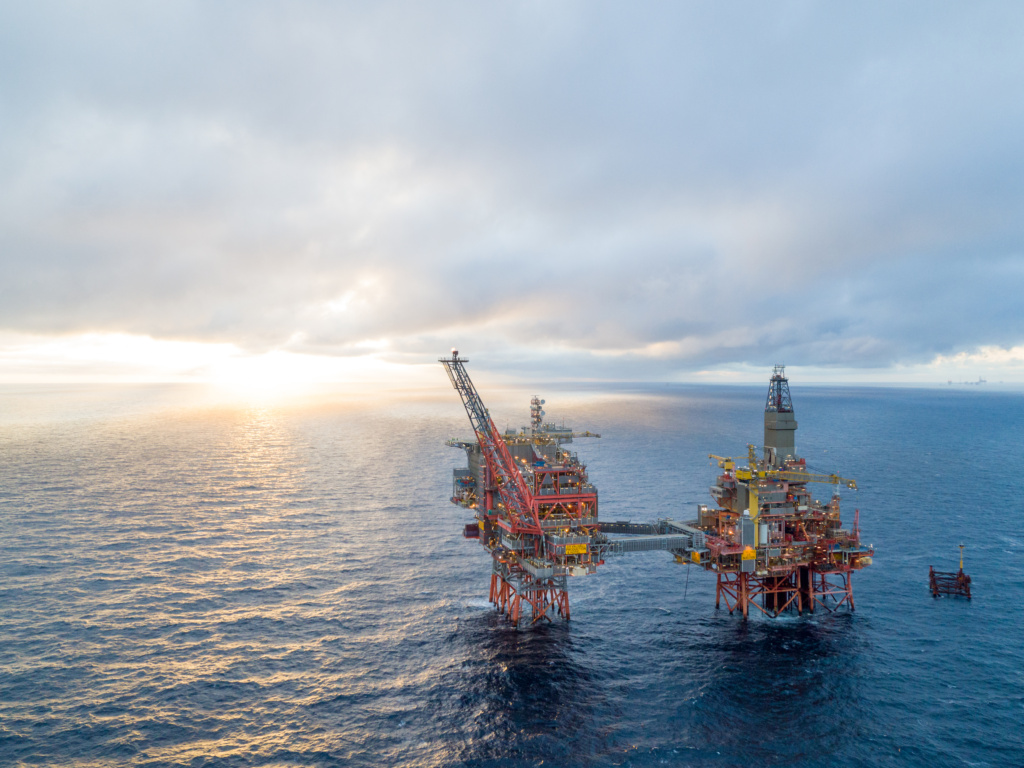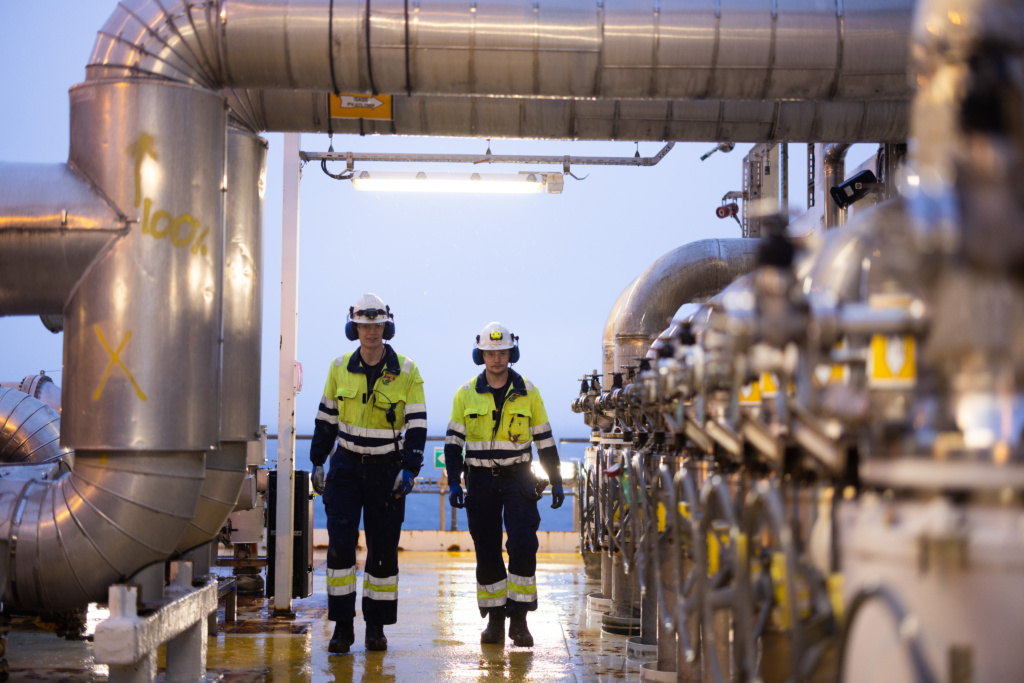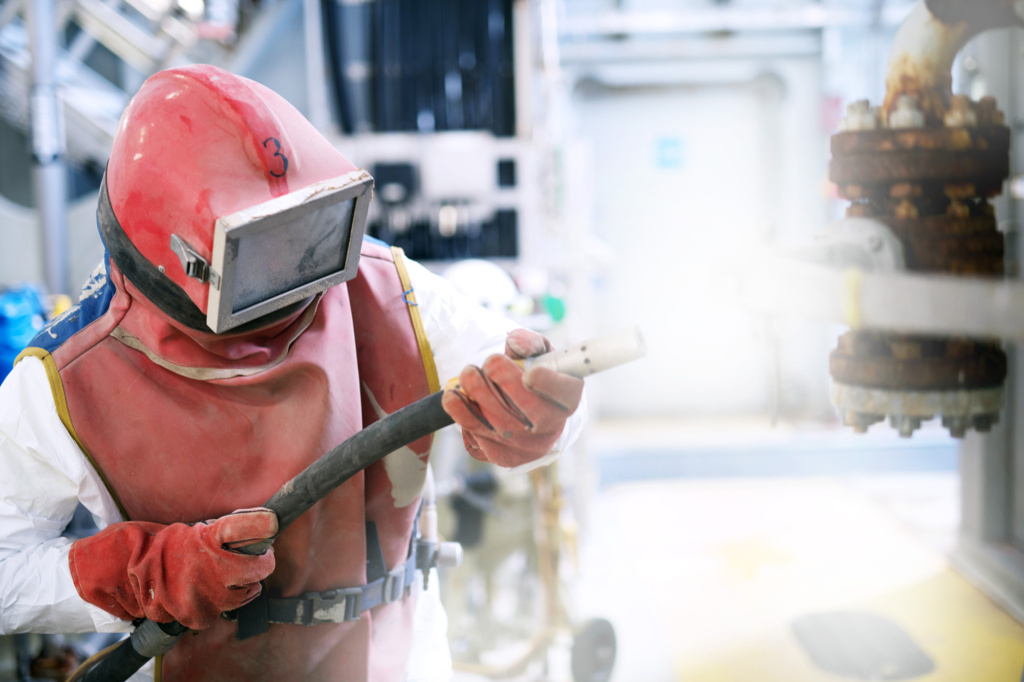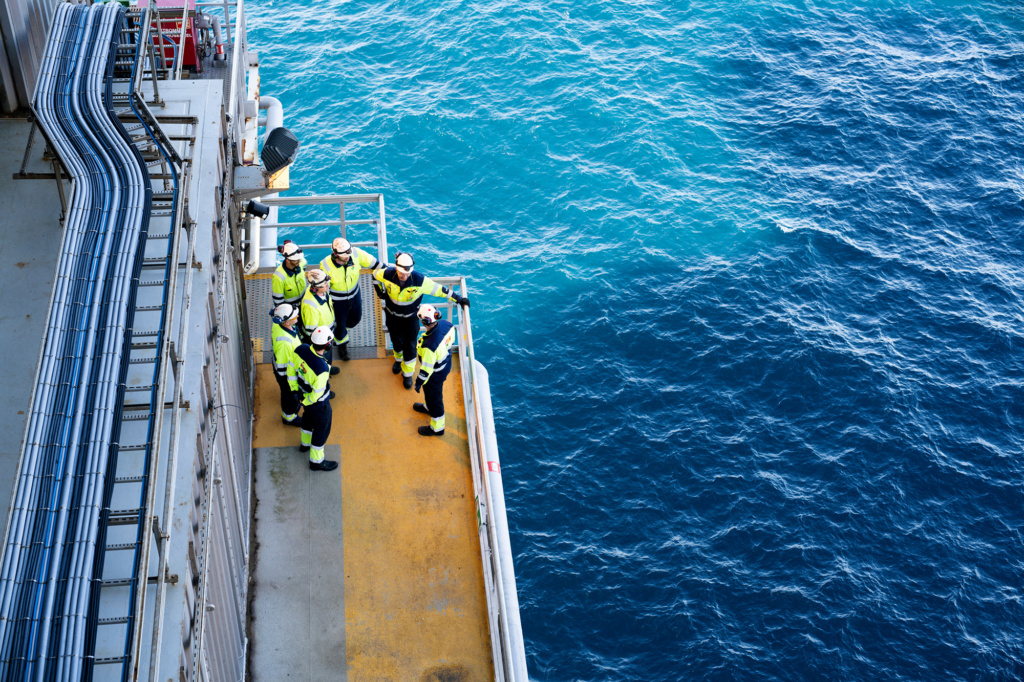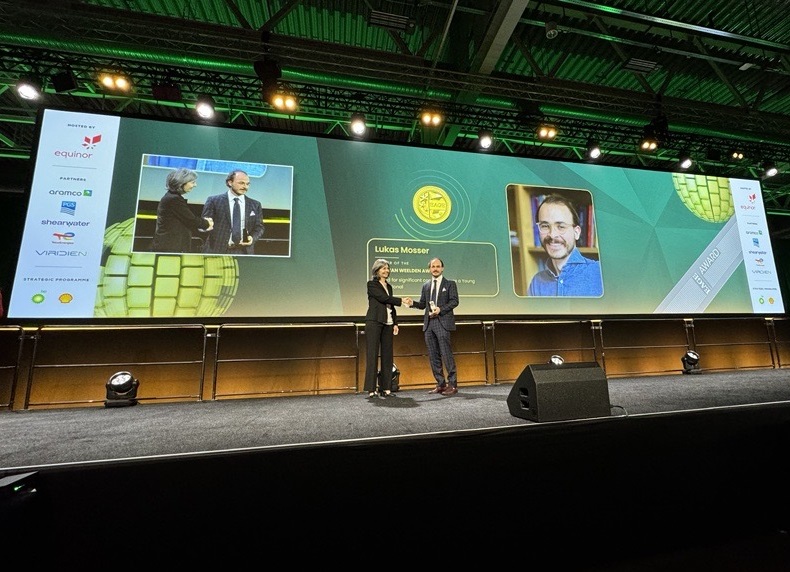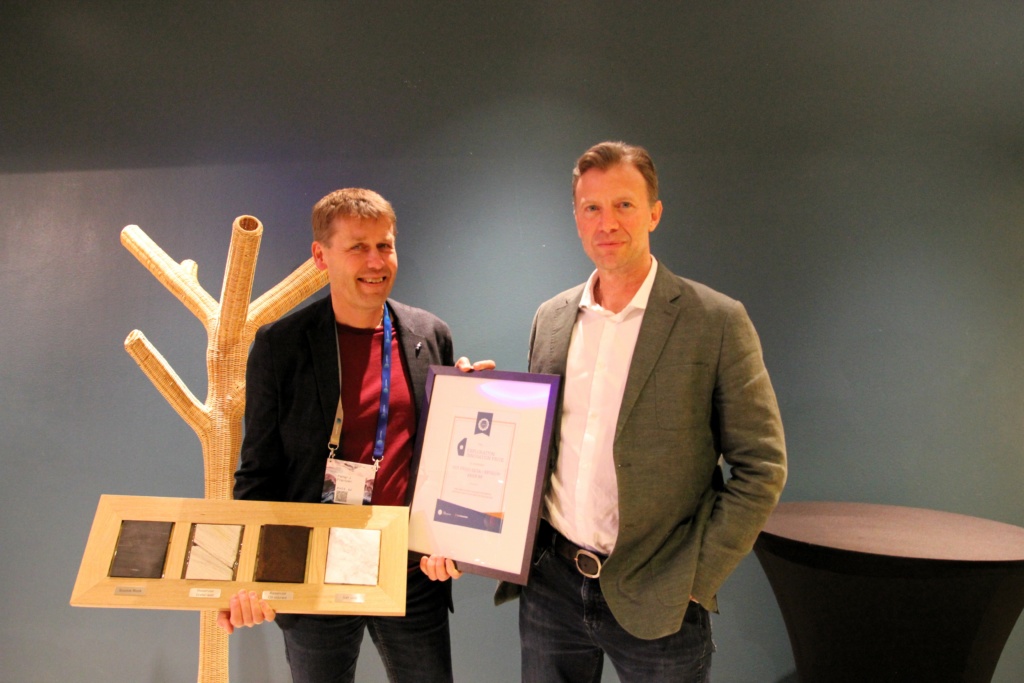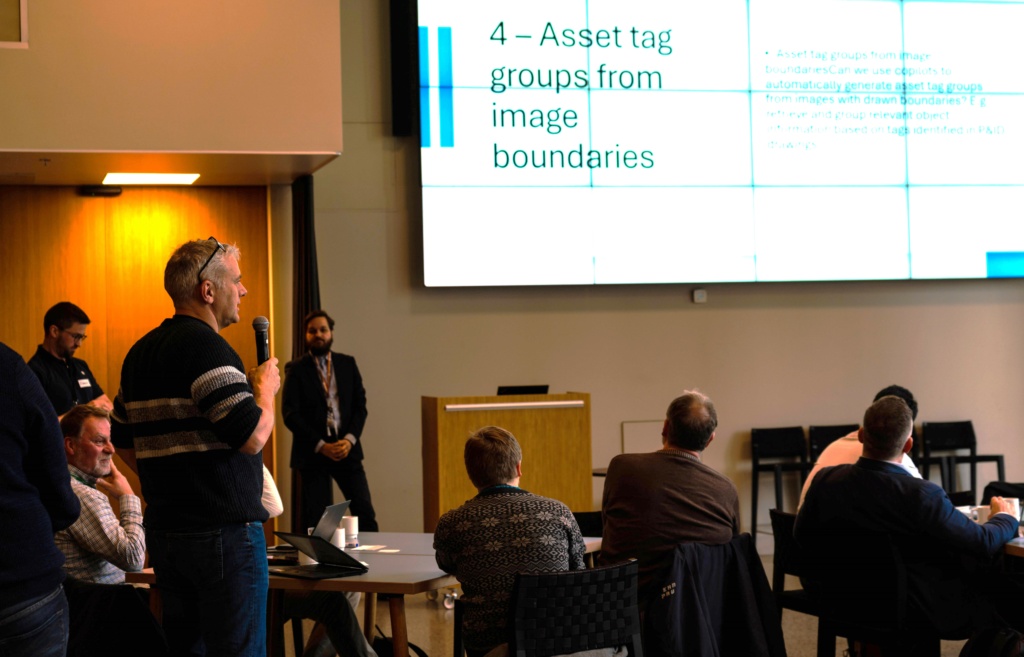We will
to become the oil and gas company of the future
Stories
Press releases
Aker BP’s AI-strategy
Collaboration is the only solution to succeed in adopting artificial intelligence. That is why we share our strategy with anyone who is interested.
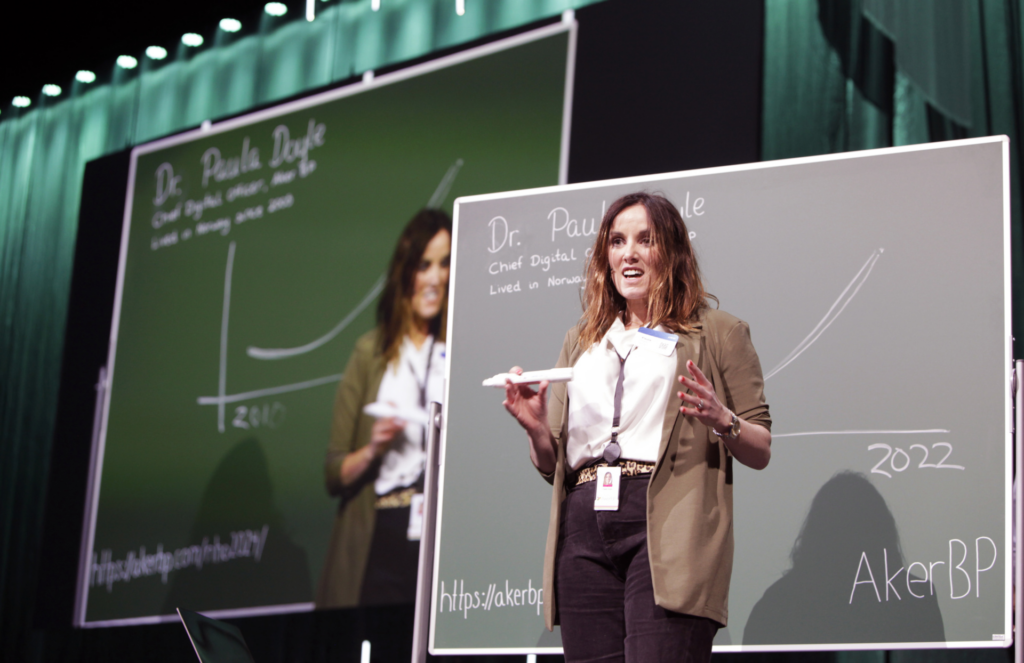
Aker BP has published the annual and sustainability report for 2024
Stock and market information
Aker BP stock
Oil price
OSEBX
© 2024 Euronext N.V. All Rights Reserved. The information, data, analysis and information contained herein (1) include the proprietary information of Euronext and its content providers, (2) may not be copied or further disseminated, by and media whatsoever, except as specifically authorized by Euronext, (3) do not constitute investment advice, (4) are provided solely for informational purposes and (5) are not warranted to be complete, accurate or timely.
